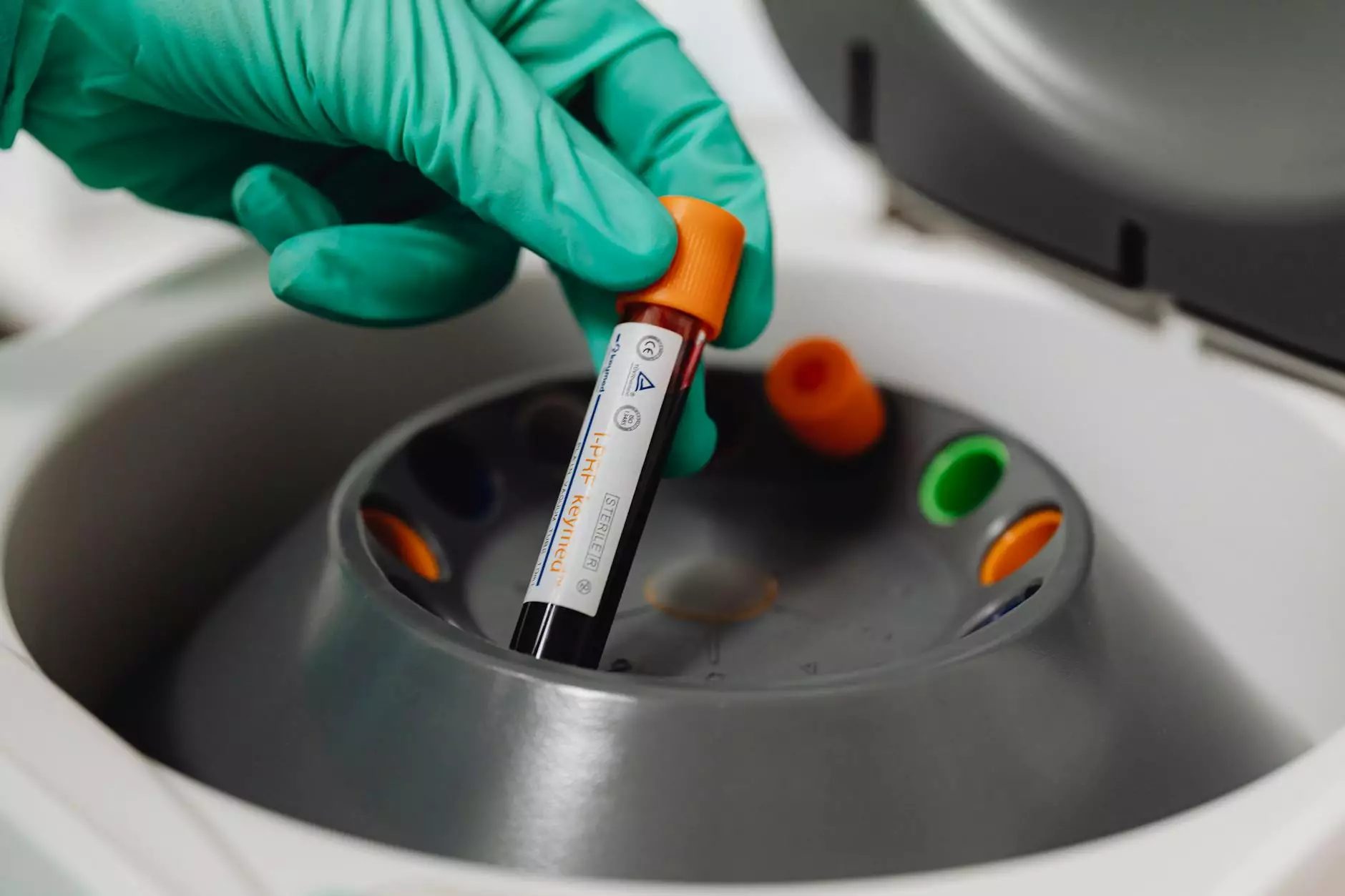Understanding Data Privacy Compliance: A Guide for Businesses

In today’s digital age, data privacy compliance has become a critical issue for organizations across various sectors. With increasing regulations and evolving technologies, businesses must navigate a complex landscape of laws governing the use and protection of personal information. This comprehensive guide aims to illuminate the key aspects of data privacy compliance, its significance for your business, and steps to ensure adherence to legal requirements.
What is Data Privacy Compliance?
Data privacy compliance refers to the adherence of businesses to regulations and standards that govern the collection, storage, and processing of personal data. These regulations are designed to protect the right to privacy for individuals and ensure that organizations handle personal data responsibly.
Why is Data Privacy Compliance Important?
Compliance with data privacy regulations is essential for several reasons:
- Protecting Consumer Trust: Customers are more likely to engage with businesses that prioritize their privacy. A robust compliance framework can enhance customer loyalty and brand reputation.
- Avoiding Legal Consequences: Non-compliance can lead to hefty fines and legal actions. Regulations like GDPR and CCPA impose strict penalties on organizations that fail to comply.
- Building a Secure Infrastructure: Compliance often necessitates the implementation of robust security measures, which can protect businesses from data breaches and cyber threats.
- Staying Competitive: As consumers become more aware of their privacy rights, businesses that prioritize data privacy may gain a competitive edge over those that do not.
Key Regulations Impacting Data Privacy Compliance
Several global regulations govern data privacy compliance. Understanding these can help your business stay ahead of the curve:
1. General Data Protection Regulation (GDPR)
Enforced in the European Union in May 2018, GDPR mandates strict obligations for organizations regarding data protection and privacy. Key aspects include:
- Consent: Businesses must obtain explicit consent from individuals before collecting their personal data.
- Data Protection Rights: Individuals have the right to access, rectify, and delete their personal data.
- Fines: Organizations can face fines of up to 20 million euros or 4% of their annual global turnover, whichever is higher, for non-compliance.
2. California Consumer Privacy Act (CCPA)
The CCPA provides California residents with enhanced privacy rights and consumer protections. It includes provisions such as:
- Right to Know: Consumers can request information on the personal data collected about them.
- Right to Delete: Consumers can request the deletion of their personal data.
- Opt-Out Rights: Individuals have the right to opt-out of the sale of their personal data.
3. Health Insurance Portability and Accountability Act (HIPAA)
For organizations in the healthcare sector, HIPAA sets strict standards for the protection of health information. Compliance requirements include:
- Data Privacy: Protected Health Information (PHI) must be kept confidential and secure.
- Employee Training: Employees must be trained on HIPAA regulations and data security best practices.
Essential Steps for Achieving Data Privacy Compliance
Achieving data privacy compliance involves a multi-faceted approach. Below are essential steps to implement:
1. Conduct a Data Audit
Understanding what personal data your organization collects and processes is crucial. A thorough audit should include:
- Identifying what types of personal data are collected.
- Assessing how and where data is stored.
- Evaluating third-party data sharing practices.
2. Develop a Privacy Policy
A well-structured privacy policy should clearly articulate how your organization collects, uses, and protects personal data. Key elements to include are:
- The types of data collected.
- Data usage and processing purposes.
- User rights regarding their data.
3. Implement Data Protection Measures
Businesses must adopt technical and organizational measures to protect personal data:
- Encryption: Encrypt sensitive data both at rest and in transit.
- Access Controls: Limit access to personal data to authorized personnel only.
- Regular Security Audits: Conduct regular audits to identify vulnerabilities.
4. Train Employees
Your staff plays a pivotal role in maintaining data privacy compliance. Implement regular training programs to educate employees on:
- The importance of data privacy.
- Recognizing phishing attacks and data breaches.
- Proper data handling protocols.
5. Prepare for Data Breaches
Despite all precautions, breaches can occur. Having a response plan is critical. Key components include:
- Identifying the nature and scope of the breach.
- Notifying affected individuals as required by law.
- Implementing corrective measures to prevent future breaches.
The Future of Data Privacy Compliance
The landscape of data privacy compliance continues to evolve as technology advances and consumer expectations shift. It is imperative for businesses to stay informed about emerging trends and legislative changes. For instance:
- Increased Global Regulations: As privacy concerns grow, more countries are implementing stringent data protection laws.
- AI and Data Privacy: The rise of artificial intelligence raises new questions about privacy, data usage, and ethical considerations.
- Consumer Expectations: Customers are increasingly demanding transparency regarding how their data is used.
Conclusion
In conclusion, navigating the complex web of data privacy compliance is crucial for any modern business. By understanding the regulations, implementing appropriate measures, and fostering a culture of privacy, organizations can build consumer trust, avoid legal pitfalls, and enhance their reputation in the marketplace.
For more information on IT services and data privacy compliance, visit Data Sentinel.









